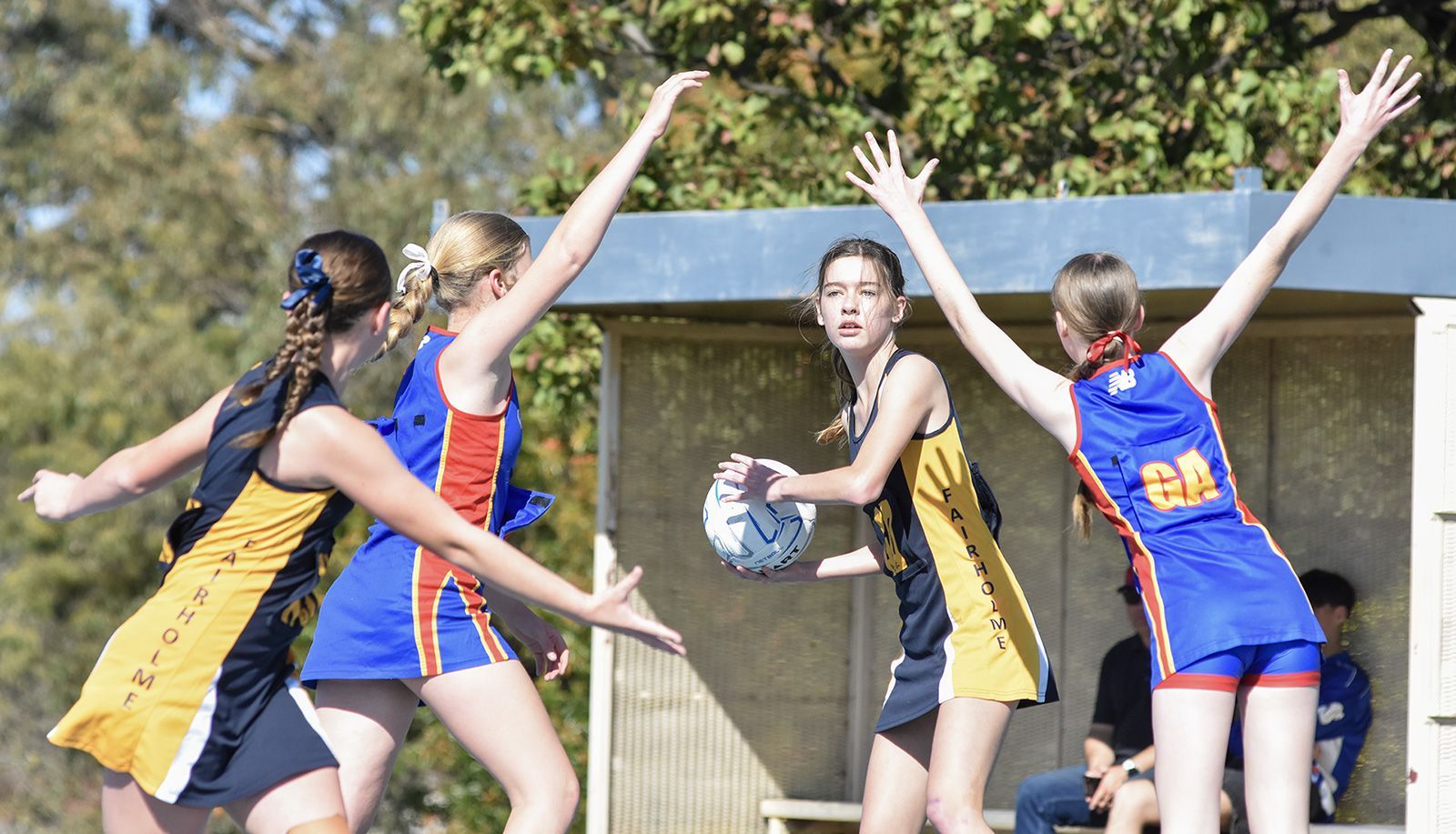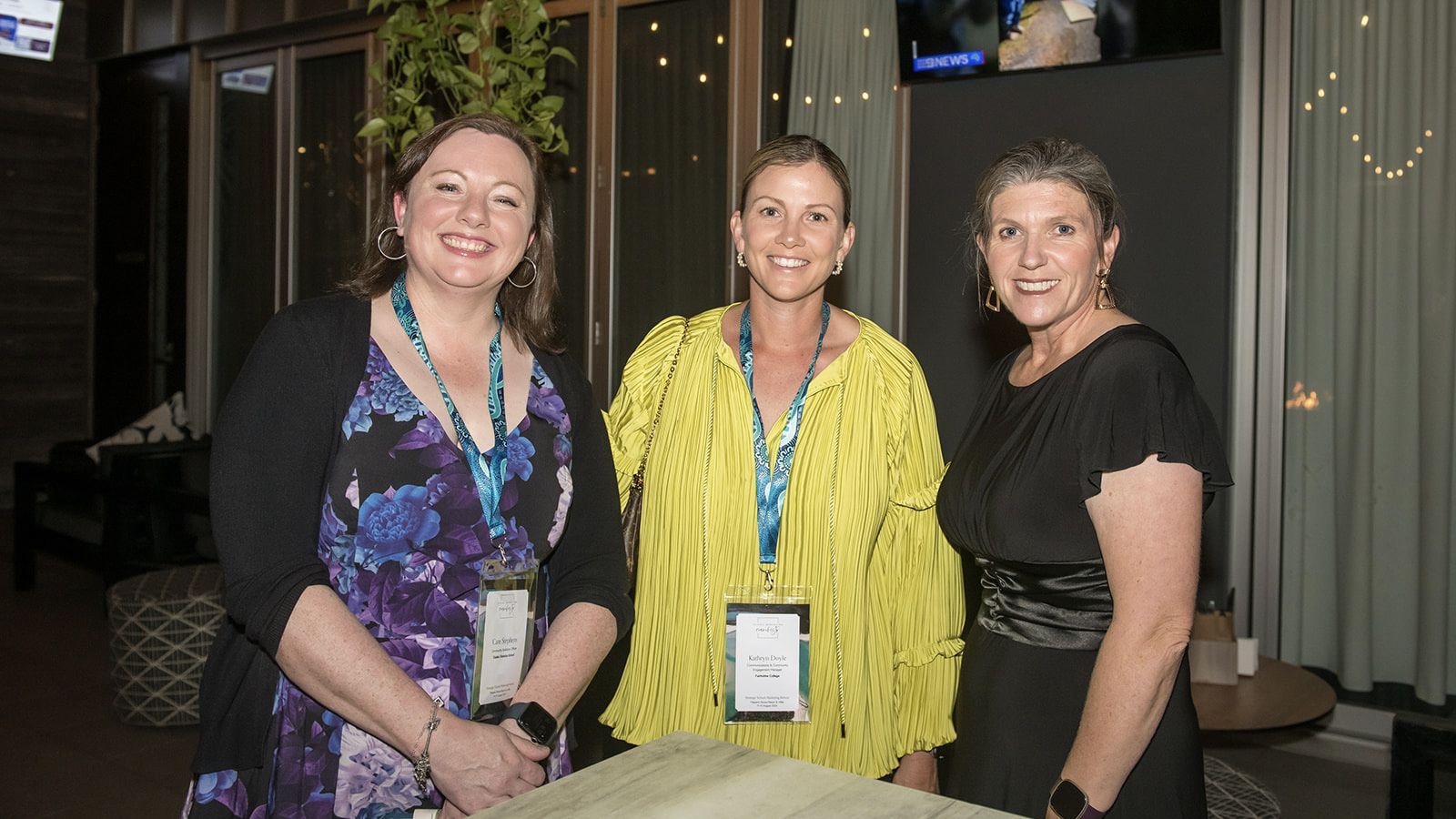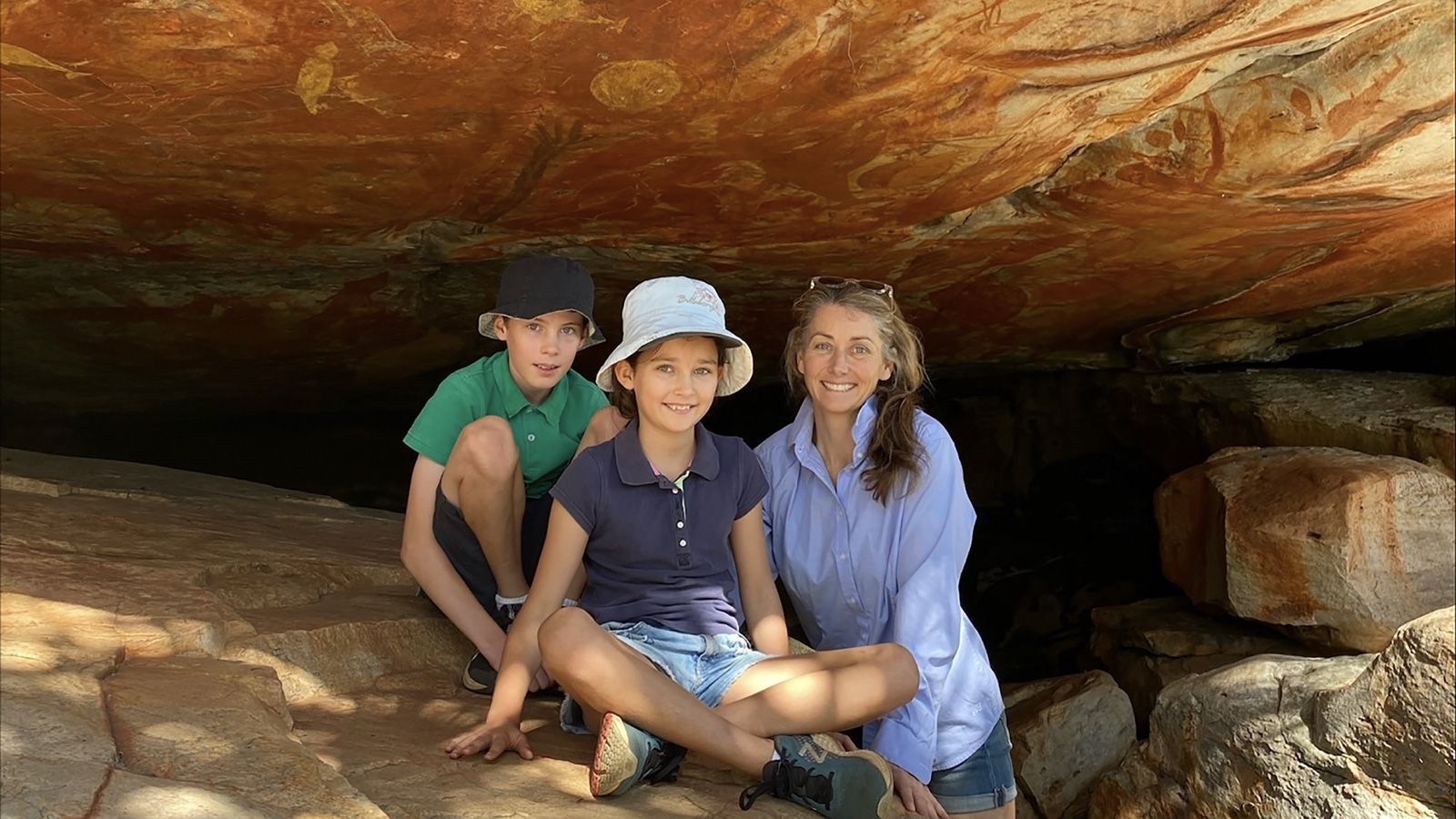Back in Touch
Georgina Rackemann felt a hint of nostalgia as she stepped into the classroom this week – as a teacher, not as a student.
‘It’s just like the Â鶹ÊÓƵI knew when I was here – the same spirit and vibe – but with lots of refurbishment around. It was definitely weird to stand in front of a class rather than be sitting within it,’ she says, laughing.
In 2009, Georgina arrived as a new Year 8 Boarder from Chinchilla.
‘I was so homesick for the best part of the first two terms. I was doing a lot of swimming training – and it was a lot harder than what I’d been doing in Chinchilla. Eventually I dialled the swimming back a bit and settled into the routine of boarding a bit more.’
But when she cut back the swimming, she added a few more sports to the mix.
‘I loved being in all the sporting teams. I played netball, kept up the swimming, added cross country and got to be part of all the TSSS competitions – but I really loved touch.’
And, in her Senior Year at Fairholme, Georgina was Sports Captain.
It’s no surprise then, that when Georgina returned to teach Maths at Â鶹ÊÓƵ8 years after she graduated, she also become the Touch and Rugby 7s Co-Ordinator.
‘I did really enjoy Maths at school, and I always had a really positive relationship with my teachers at Â鶹ÊÓƵ– I actually loved being at school.’
After Fairholme, Georgina studied at the University of Queensland, and despite not knowing what she wanted to do when she graduated from school, she found she could have a career doing all the things she loved.
‘My degree was a bit different. I did two years of Sport and Exercise Science, which I found really interesting, and then in my third year I started my teaching prac; that was when I realised I really wanted to be a teacher.’
In a pre-COVID sporting world, Georgina spent much of her time balancing teaching and football.
She played Rugby 7s internationally for the World Uni Games and represented Queensland for Touch. She is currently in the squad for the State of Origin Touch team and the Titans Open Women’s team.
Last year most of the state competitions were postponed, and they have been postponed again this year.
‘It has definitely been hard to stay motivated through COVID, but it’s also meant that I’m not travelling as much, which has been a nice change. I still love my touch and I want to play it, but I have enjoyed being at home and focusing on my work as a teacher. I’ve also been able to spend a bit more time working on my strength in the gym, at Toowoomba’s Complete Body, which I am really enjoying.’
Georgina is hoping to coach as well as co-ordinate the Â鶹ÊÓƵTouch and Rugby 7s teams this year and she is looking forward to getting back into the All Schools competition.
‘There are a lot of good memories here for me – and most of them involve all the sport I was able to play. I’m really looking forward to being part of it all again – albeit in a different role.’

Slide title
Write your caption hereButton
Slide title
Write your caption hereButton
Slide title
Write your caption hereButton
Slide title
Write your caption hereButton
More News

More News…






